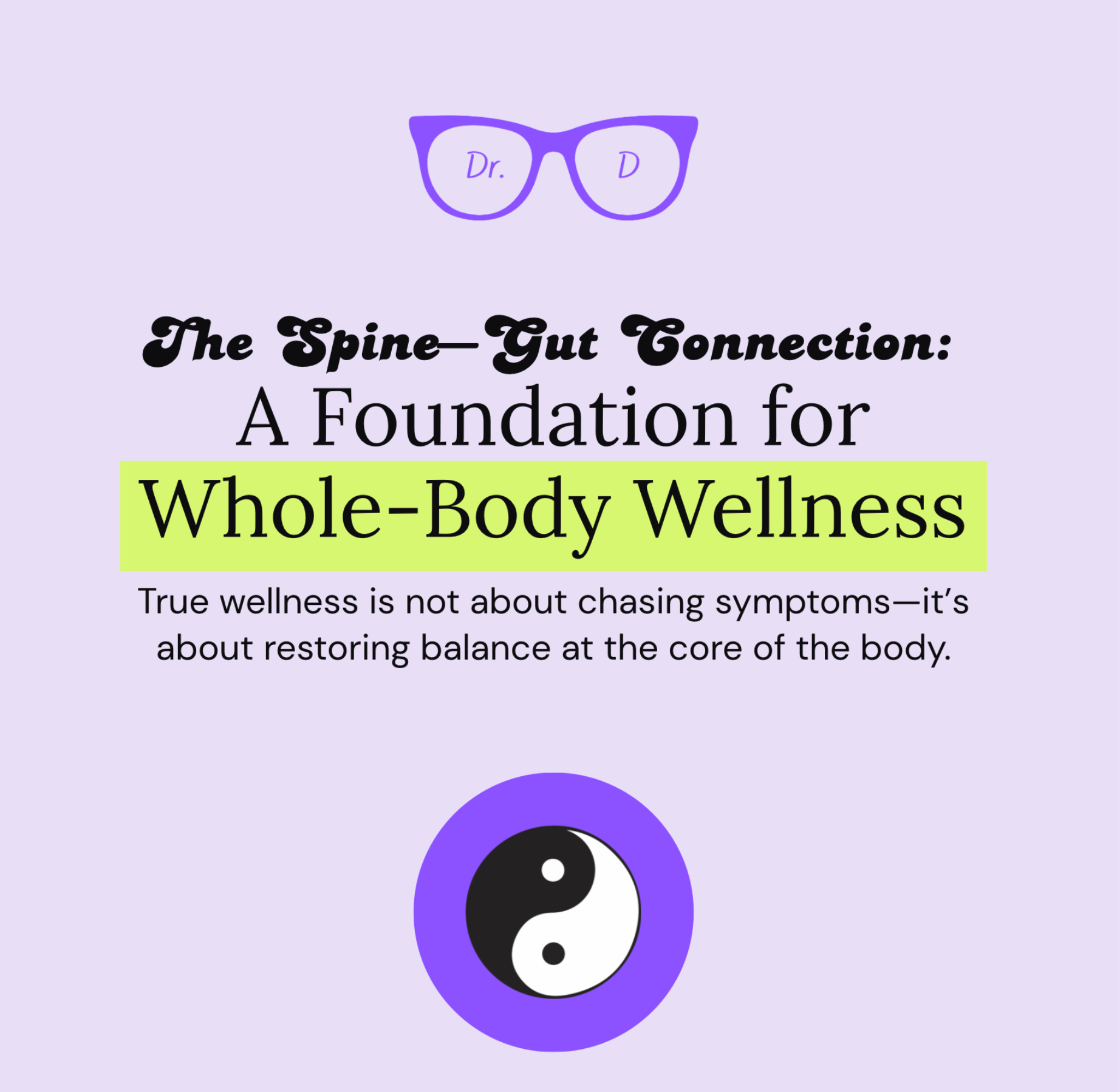FAQs About Chiropractic Care for Infants
At The Mladenoff Clinic of Arizona, Dr. Diana Mladenoff treats babies as little as few weeks old to toddlers for issues related to sleep, tummy, or colic. It’s important to mention that the care involved is specialized, gentle, and unlike the adjustments performed on adults and the techniques used by pediatric chiropractors are quite different for infants and young children. Here are some of the questions parents have regarding chiropractic care for infants.

Is chiropractic care safe for my baby? The short answer is, yes! Typical chiropractic care for adults may involve a little use of force (not as scary as it sounds, neither is it unsafe or painful), but with treatments from Dr. Diana, adjustments for infants are more gentle and less forceful. Dr. Diana Mladenoff is specially trained in pediatric chiropractic care and has a different and far gentler approach.
Often time, the manipulations may only involve a gentle massage that goes unnoticed by the baby. The adjustment and manipulation are gentle and any pressure that may be applied is done so with a gentle and soft hand. All in all, with the right and experienced practitioner like Dr. D, the procedure is safe and beneficial for the infant and their nervous system.
Will my baby cry during a chiropractic adjustment? This is another frequently asked question and rightly so. Seeing your baby cry is not easy and it is a major concern for parents. The answer is, it depends, but mostly likely no. Dr. D has a special kids Chiro table that she uses to treatment on which makes it more comfortable for them. There are also various factors involved, like the personality of the baby, the nature of the procedure and the skill of the practitioner. Some babies are friendly and okay with strangers touching them, while others are more sensitive to being touched by an unknown person.
With that said, the adjustment is not painful and 9/10 babies recommend Dr. D as their primary chiropractor.

Why does my infant need chiropractic care? When it comes to infant care and treatment, Dr. Diana has been known to successfully treat issues like trouble in latching or breastfeeding, treating an underdeveloped digestive system, acid reflux, misaligned spine, and ear pain/infection.
Would regular infant chiropractic really help them sleep better at night? We can all agree that babies are nothing but small humans and if adults benefit from chiropractic care then so can babies and infants. If your baby has trouble sleeping through the night or is extremely fussy then there is a chance that your pediatrician might recommend chiropractic care.

Benefits of Chiropractic for Infants
While there are numerous benefits of chiropractic care for infants and children, these are the 7 most common benefits of infant care you should know about.
Adjusting misaligned vertebra
Birth is a miracle of nature and while it is amazing in itself, it is a complex and hard process. Before birth, the baby is used to a small space in the womb and the space gets increasingly cramped as the pregnancy progresses, especially during the last month before birth. Now, as if being in a small space wasn’t bad enough, the birthing can get very messy.
Some infants are born with a slight misalignment in their vertebra, and chiropractic care comes in handy for a quick fix for proper growth. Many infants get adjusted right after birth, while others get adjusted a few weeks later. If the infant needs help, the chiropractor gently adjusts the misaligned spine/joint of the baby back into place while easing tension.
It’s important to mention here that any adjustment performed is extremely gentle and often times are as small as a touch of a finger, but knowing where and what to adjust is the key here.
Post-birth recovery
As I said, the process of birth is hard, both on the mother and the baby. During the birth, the baby is often forced out of the mother and this push and pull can hurt the baby’s spine. This remains true for both natural as well as births via c-section.
According to some studies, as much as 70lbs of pressure is being put on the baby’s head and neck during birth. This push & pull is bound to injure the nerves and joints of the infant body and while most of the babies heal on their own, some require a little chiropractic help for healing and speedy recovery.
Not just post birth, Chiropractic care is also helpful for other related issues which may arise during the first few months of infant development. Some infant’s are extremely fussy, some have trouble sleeping comfortably through the night and some develop ear pain and infections early on. Chiropractors attribute these problems with misalignment in the spine and proper adjustment can help the newborn sleep better through the night as well as overall better growth.
Another common issue in newborns is gastroesophageal reflux or GERD which results in infants spiting up a lot and general discomfort during their sleep. Usually, pediatricians recommend acid blockers to reduce the symptoms, but this does nothing to relieve the underlying issue.
Chiropractic care suggests a simple adjustment in the vertebra, which might be putting pressure on the stomach as a solution. Once the pressure is relieved, the nervous system along with the digestive system is able to perform their function properly.
Ease colic symptoms
Like mentioned before , chiropractic care is extremely efficient in treating symptoms of colic, and gastroesophageal reflux in infants. There are many reasons for an infant to develop colic symptoms, but one of the main reasons is an immature or underactive gastro-intestinal system. This is entirely normal, common and nothing to worry about, but it does cause the baby a lot of unease leading to a fussy and crying baby.
The issue usually arises from a misaligned spine leading to problems in intestinal function. An undeveloped digestive system is unable to cope with gas buildup and you might notice your baby trying to pull up its legs or move around to relieve gas. If they are unsuccessful, it leads to pain in the abdomen and discomfort.
Most pediatricians describe it as an issue that goes away with time, however, chiropractic care has been shown to reduce the symptoms for 9 out of 10 babies. With proper adjustment, the chiropractor is able to relieve the pressure and allow the body to perform its functions properly.
The solution here is a gentle manipulation of the muscles to help stimulate the small intestine to mimic the natural movement of the muscles in the body to aid the movement of fluid and gas. A simple adjustment goes a long way and helps the baby digest and process food without any problem.

Assist in treating and preventing ear infection
Another issue most common among infants is ear infection due to fluid buildup in the eustachian tubes. When the tube fails to drain, it leads to excessive pressure in the ear causing infection and pain to the infant. Chiropractic care is helpful here because research suggests that ear infection in infants can be a result of a minor injury of nerves during birth or due to later allergies.
Whatever the reason, one thing is certain that with chiropractic care, infants find relief from ear pain and infection and a simple manipulation is able to restore the function of the tube. Chiropractic care helps drain the eustachian tube by dilating the muscles around it, thus relieving pressure and unblocking it. This treatment goes hand in hand with medical treatment, but gentle manipulation helps the tube stay unblocked preventing further pain and infection.
Boost Immune System
The body is like a machine and if one part is malfunctioning, it is bound to cause issues in some other areas. Similarly, it goes without saying that an issue in nerves will cause the other body parts to malfunction. Studies suggest that when the spinal cord and nervous system are working properly, the body is able to fight off pathogens in a better and efficient manner.
Chiropractic care leads to improved body function in both adults and infants, leading to a direct and indirect boost in the immune system. The nerves system which is spread across the entire body is the main relay system and any issue in the spine, nerves, and muscles can cause the body to malfunction i.e. ear infection, gastro-intestinal function as mentioned before. Thus, if a baby is adjusted early on, it will be better protected against infections and allergens around it.
Decreases the risk of injury in toddlers
It’s an exhilarating and great experience to see your child crawl, and learn to walk with support followed by walking on their own. The baby is growing right in front of your eyes!
A great way to prevent injuries is regular chiropractic care. An outside injury is easier to see and treat but if there is a strain in a nerve or spine, it is harder to see and know, but not for a chiropractor. A chiropractor is trained to notice even minute changes in the spine or nerve, all with a touch of a hand, leading to early treatment and prevention. If you notice any difference in the way your child is walking or moving, a session with a chiropractor can be useful.Aid in proper physical development
A baby has softer bones and they have a lot of growing up to do. During the first year of development, the spine doubles in length. The neck and back strengths. These important milestones happen over a short but significant period of time. The neck curvature is formed when the baby starts supporting the head on its own, while the lower back curvature forms when the baby is learning to sit up straight without external support.
However, a problem can arise if the spine is misaligned. This can easily decrease the infant’s physical development. In case there is any misalignment, the chiropractor gently manipulates the spine back into position, thus allowing the body to grow at a proper rate and improve the child’s overall posture during this important period of growth and development.

Mladenoff Clinic of Arizona is a wellness clinic located in the Phoenix area of Arizona. Dr. Diana specializes in chiropractic and pediatric chiropractic care, neurofeedback training, applied kinesiology, ion balancing therapy, cold laser, detox, and nutritional guidance. Contact us today for drug-free healthcare ahead of the curve. 📲CALL or TEXT (602) 524-0222 to schedule an appointment today.





